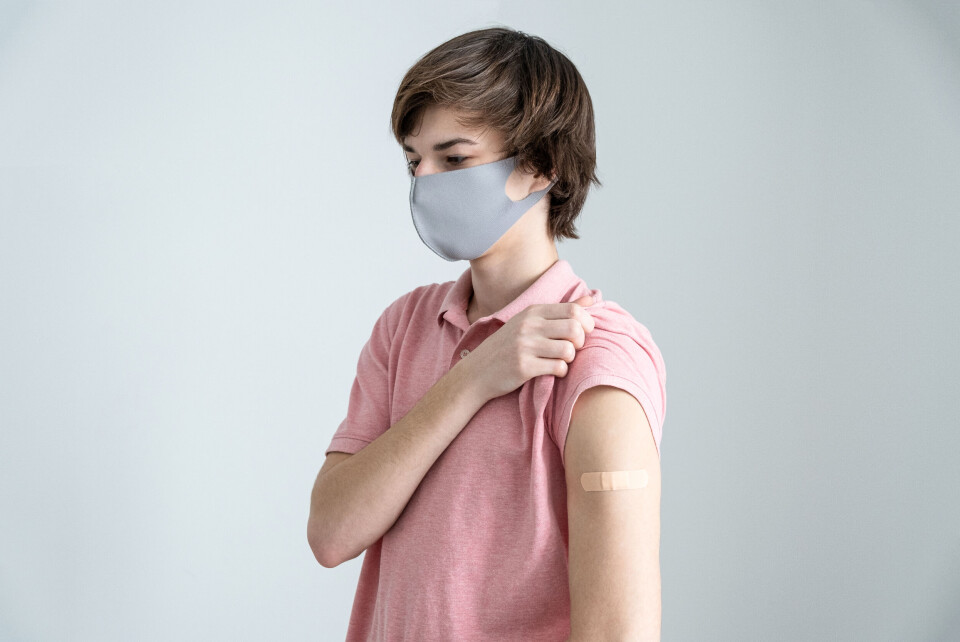-
Mysterious boom rattles residents in south-west France
Local community turns to social media for answers
-
France tightens reimbursement rules for flight delays or cancellations
New measures include mandatory mediation and new claim procedures
-
What snow conditions look like for skiers across French Alps and Pyrenees
Ski resorts are expected to get busier as school holidays begin this weekend
France to offer Covid boosters to teenagers with vulnerable family
Currently, only 12 - 17 year olds who are at risk themselves of serious forms of the virus are eligible for a top-up vaccine dose

France will soon allow children aged 12 to 17 who are living with people vulnerable to serious forms of Covid to receive a booster vaccine dose.
The move was recommended by the country’s health service quality regulator the Haute autorité de santé (HAS) in a report published last week.
HAS said teenagers living with “immunocompromised people or vulnerable people who have not been vaccinated" should be eligible for a booster dose.
The health ministry stated yesterday (January 18) that it would “take into account this opinion, probably this week”.
Currently, booster doses are only available to children in this age range who are themselves at risk of serious forms of Covid.
The government is reported to be waiting for further recommendations from the HAS before opening up the booster dose more widely to 12 to 17 year olds.
Meanwhile, around 175,000 children aged five to 11 have so far received at least one dose of a Covid vaccine, the health ministry reported.
That is equal to about 3% of the eligible population in this demographic.
The government is aiming to soon have 90% of vaccination centres equipped with a pediatric service to cater for this age bracket, it stated.
Covid vaccinations were first opened to five to 11 year olds in France on December 22, 2021.
Related articles
FFP2 masks, more supply teachers: new measures for schools announced
France to bring in vaccine passes: What will change and when?
























